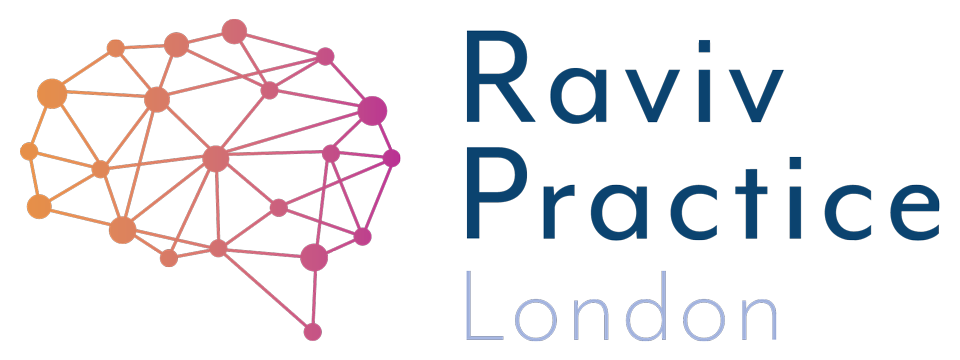
Blog
Usha Patel, Neurocognitive Therapist and Director of Raviv Practice London shares her first-hand experience of working with children /adults and the latest research and upcoming events in her series of blog posts.
My child is now four but still doesn’t speak.
When Miriam, a mother of four, called me, she was at the end of her tether: her 4-year-old could not speak. She had already waited a year for her doctor to refer her to a speech and language therapist and, despite pinning all her hopes on this, she was deeply disappointed when no tangible progress seemed to come from it
Why does my nine-year-old still wet his bed?
The problem lies with the child’s psychological makeup … reversing this problem is relatively straightforward and sometimes can take as little as three weeks
Why is my child always getting so angry and frustrated by everyday tasks?
Poor emotional regulation can obstruct progress, stopping us from achieving our goals. Most adults will find a way to regulate their emotions for the majority of the time, but children need to learn how to navigate their emotional states as they grow…Most of the time, this is all perfectly normal and you will find a way to address it naturally as your child develops
What good balance does for your body and how to get it.
Whether or not we are as adept at balancing as The Cat in the Hat, we could all do with better balance. Good balance makes it easier to move and helps prevent injury…It is interesting to note that in China, the average number of falls among the elderly is significantly lower than in Western countries.
The secret to learning to write: go clockwise!
There are many schools of thought regarding writing, not least if a child should be taught cursive handwriting in their reception year, or if this is a secondary skill which should be taken on later.
As more and more children enter the reception year with poor fine motor skills, parents are concerned that the demand on their child is too great.
Why does my child stick his tongue out when writing?
Tennis is seldom played quietly, and the players make grunting sounds as they hit difficult volleys across the net. This is a great example of how we link actions of our hands and mouths together when we perform an activity.
Why can’t my child open a packet of crisps?
Despite loving crisps, she would often return them home unopened. It turned out she was having great trouble opening the packet and was too embarrassed to ask for help.
Why can’t my child catch a ball?
Children all learn ball skills at some point, and one may expect that they have been able to learn how to catch a ball by ten years of age. But this is not the case for some children with possible symptoms of neuro divergence.
Why is my child’s body always floppy, and why does he run funny?
Parents notice all sorts of things about their children, and one thing that crops up time and time again is that they are worried about their child’s awkwardness and problems with co-ordination.











